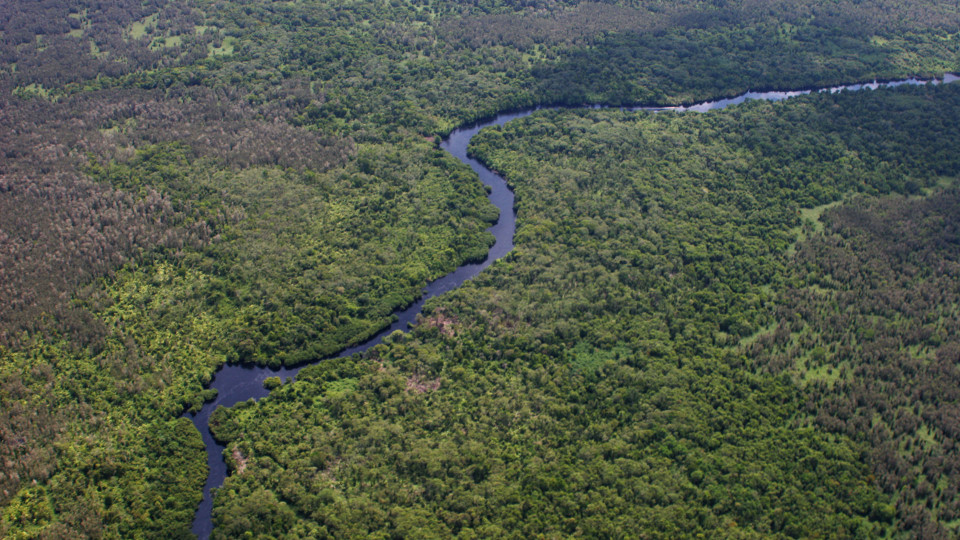In Indonesia we work to protect and restore its enormously carbon-rich and biodiverse tropical peatlands. These wetlands with carbon-dense peat soils are home to many threatened species, such as the Orang utan. However, in Indonesia these peat swamp forests are rapidly being logged, burnt and converted for agriculture, e.g. into oil palm plantations. This causes enormous CO2 emissions and destroys the habitat of these endangered species.
From our research we know that globally all peatlands together store at least 550 Gigatonnes of carbon in their organic soils. This is twice the amount of carbon stored in the world’s forests. These peatlands sequester carbon in their soil and thus help to limit global climate change. In Indonesia, peatlands cover 20,6 million ha, which is 10.8% of the national land mass.
The problem
Human actions, such as forest clearing and drainage for agriculture – especially for oil pallm plantations, have severely degraded many peat swamps on Sumatra and Kalimantan. Instead of storing carbon, these degraded peatlands are now actually causing huge greenhouse gas emissions. These emissions make Indonesia the third largest emitter of CO2, after the United States and China; two countries with enourmous industrial activity compared to Indonesia.
What we do
We work with the government, communities, research institutes and the private sector to restore degraded peatlands in Indonesia and prevent the further destruction of intact peatlands and peat swamp forests. Combined, our field experience and accumulated knowledge from research make Wetlands International the leading expert on peatlands in Indonesia and the world.
In Indonesia, we:
- Provide the Government of Indonesia with knowledge and input on national policies related to peatlands, such as the two-year Moratorium on Deforestation and Peatland Degradation, as well as their national strategy for Reducing Deforestation and Forest Degradation (REDD+)
- Restore degraded peat swamp forests with local communities through the building of small dams, setting up fire brigades and community development – thereby improving Indonesia’s climate performance, like in Central Kalimantan
- Prevent further destruction of peatlands by palm oil companies and improve environmental performance of existing plantations through sector-wide standards at the Roundtable on Sustainable Palm Oil (RSPO).

